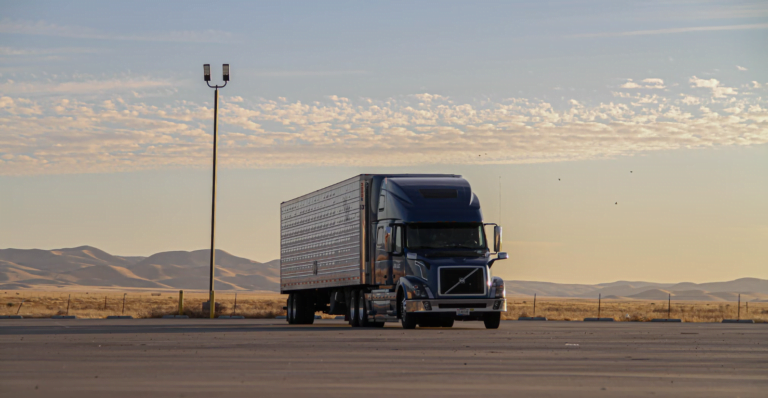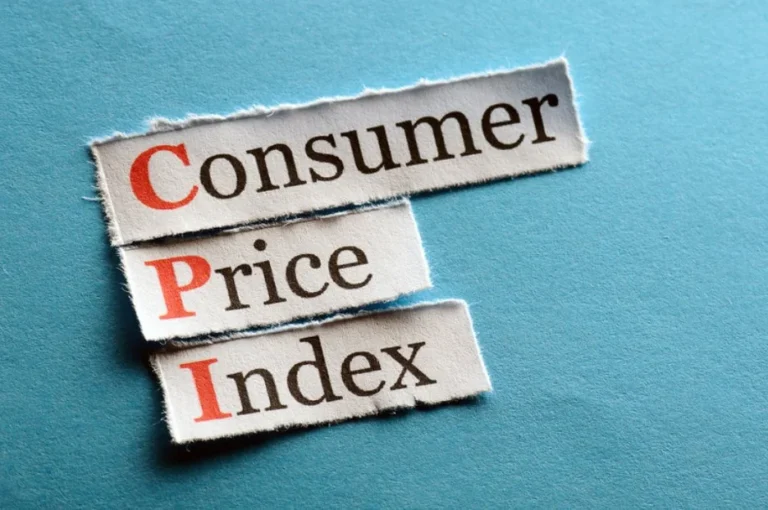While the Omicron variant of covid has proven to be milder than previous strains, the removal of restrictions and the highly contagious nature of the virus means case numbers have skyrocketed. Figures and headlines in Australia change daily, but positive test results are now in the tens of thousands on a regular basis.
The fallout of this has been thousands of people forced into isolation after being close contacts. As a result, there simply haven’t been enough hands to keep things running ‘normally’.
Even if you’re not very sick, if your job requires you to be physically present, testing positive to COVID, having symptoms or being a close contact will keep you away from work. Around the country, abattoir and farmworkers, warehouse staff, delivery drivers and supermarket employees have been forced off the job.
For major chains, absenteeism has reportedly reached 30-50 per cent. It’s scary to see empty shelves but it’s not because of a lack of products, just a lack of people to bring them to you.
A lack of testing availability has compounded the problem. Long lines of holidaymakers lined up for formal tests over the Christmas holidays and at-home tests quickly sold out, making it difficult for people to know if they are infected or not.
The response
As shared by The Guardian, covid isolation rules have been reworked in an attempt to keep more people at work. There are now different restrictions for people who are ‘supply chain critical’ and who may have been exposed to COVID but have not tested positive or experienced any symptoms.
On January 13th, it was announced that workers in transport, freight and logistics including those at service stations, healthcare and support now come under the “essential workers” umbrella. These workers are exempt from close contact quarantine requirements, which will hopefully help to restore supply chains.
In addition, officials are working on making rapid tests more available so workers can confirm a negative test result if they are experiencing symptoms and are worried they have covid. However, this presents another catch-22… because the companies that handle freight are short-staffed.
It is forecast that the peak of the Omicron wave will have passed by late January/early February. By then, many people who have tested positive to COVID will have recovered and come out of isolation. From there, shortages should ease (this is said with the awareness that it’s hard to make a big call about anything these days).
Protecting your business
If you’re a retailer, even if you’re not delivering essential products, it’s likely the supply chain shortages have still impacted you.
While patience is the name of the game, it helps to have contacts across a range of suppliers. If you rely on a single freight provider and they suddenly have half their team in iso, you’ll be stuck in their client queue.
Taking your eggs out of one basket and working with a freight management provider that is aware of what’s going on across every transport company makes a great deal of sense in this climate. If you need support to keep your deliveries moving, reach out to EFS today.





